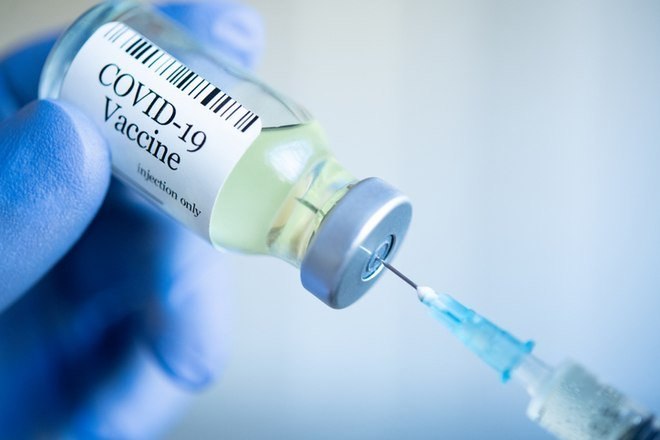
UAE residents feel safe after taking the vaccine but some worry about the long-term effects
Among the four vaccines available in the country, residents trust Sinopharm the most
As the UAE expands its vaccination drive to bring the virus under control, YouGov’s latest survey reveals among those who are vaccinated, nearly half (47%) feel safe against contracting the virus and are not worried about the long-term effects of the vaccination. Slightly lesser (39%) feel safe right now but are worried about the repercussions in the long run.
Very few (14%) feel unsure about contracting the virus and are concerned about the future. Women are much more likely to be unsure as well as worried about the long term effects as compared to men (24% vs 10%).
Across the UAE, importance of providing the Covid 19 jab to different groups of people is universal. However, a whopping majority (90%) believes that getting the shot is the most important for those who work in the service industry followed by the household staffs, senior citizens and immediate family (87% each). In comparison to this, personal vaccination is considered less important (85%).
When it comes to information about the Coronavirus vaccines, seven in ten residents (71%) agree with the statement- “I am well informed about the various COVID19 vaccines and their efficiency”. Asian expats were most likely to agree with the statement- at 80%.
When asked about their source of information, a vast majority of UAE residents (73%) said they turn to government health sites and reports released by MOHAP to get the most accurate and reliable data about covid-19 vaccines. One-third (33%) rely on information shared by individuals who have already taken the vaccine and almost as many (29%) depend on the news media. A fourth (26%) turn to their immediate family members or friends for information and very few (14%) trust the material circulated on social media.
At present, the UAE is offering a choice of four vaccines for eligible individuals against the COVID-19 infection. When questioned about the vaccine people trust the most, half of the residents claimed they trust the Chinese vaccine- Sinopharm. Roughly half of this (27%) have faith in the Pfizer-BioNTech vaccine.
One in ten residents (11%) are sceptical and do not trust any vaccine. Comparatively, very few trust Oxford-AstraZeneca (9%) while Sputnik V (6%) seem to be the least popular among UAE residents.
It is interesting to note that trust among the youngest adults (18-24 years) for Sputnik is higher than the other age groups, and for these residents, AZ vaccine ranks lowest on the trust barometer- at 7%.
Similar trends have been noted in European countries where people have shown a low level of trust in the safety of the AstraZeneca vaccine. Data from YouGov’s latest international study reveals that in Germany, the proportion of people who think the AstraZenca vaccine is unsafe has risen from 30% in December, 2020 to 40% by March, 2021. Similarly, in France, people are more likely to believe the AstraZeneca vaccine to be unsafe than safe. Because of such concerns, Europeans are substantially more likely to refuse taking the AstraZeneca vaccine than the other vaccines.
However, in the UK, the AstraZeneca vaccine is seen as safe, with 81% of Britons saying it is safe, up from 63% from the previous time we asked the question in December.
Data collected online for 1005 respondents in the UAE by YouGov’s Omnibus between March 10th - 16th, 2021 using YouGov’s panel of over 6 million people worldwide.